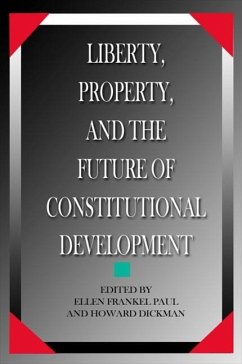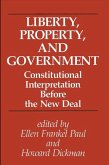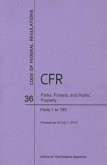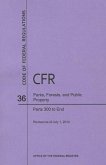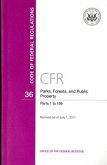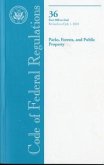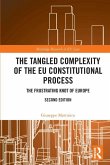This book is a discussion of current trends in the constitutional protection of economic liberties. Since the mid-1930's, the Supreme Court has been reluctant to replace legislative judgements on matters of economic regulation with its own. While the Court permits wide legislative experimentation in the economic realm, it scrutinizes governmental attempts to regulate or abridge other civil liberties quite closely. This state of affairs is known as the "double standard." The question of the appropriateness of this unequal treatment by the Court of these two classes of liberties generates much of the controversy in this volume. Other topics dealt with include the current trends in (and relevance of) constitutional law for welfare rights, labor unions, and labor law. Recent Supreme Court decisions on property rights also receive much attention.
Hinweis: Dieser Artikel kann nur an eine deutsche Lieferadresse ausgeliefert werden.
Hinweis: Dieser Artikel kann nur an eine deutsche Lieferadresse ausgeliefert werden.

